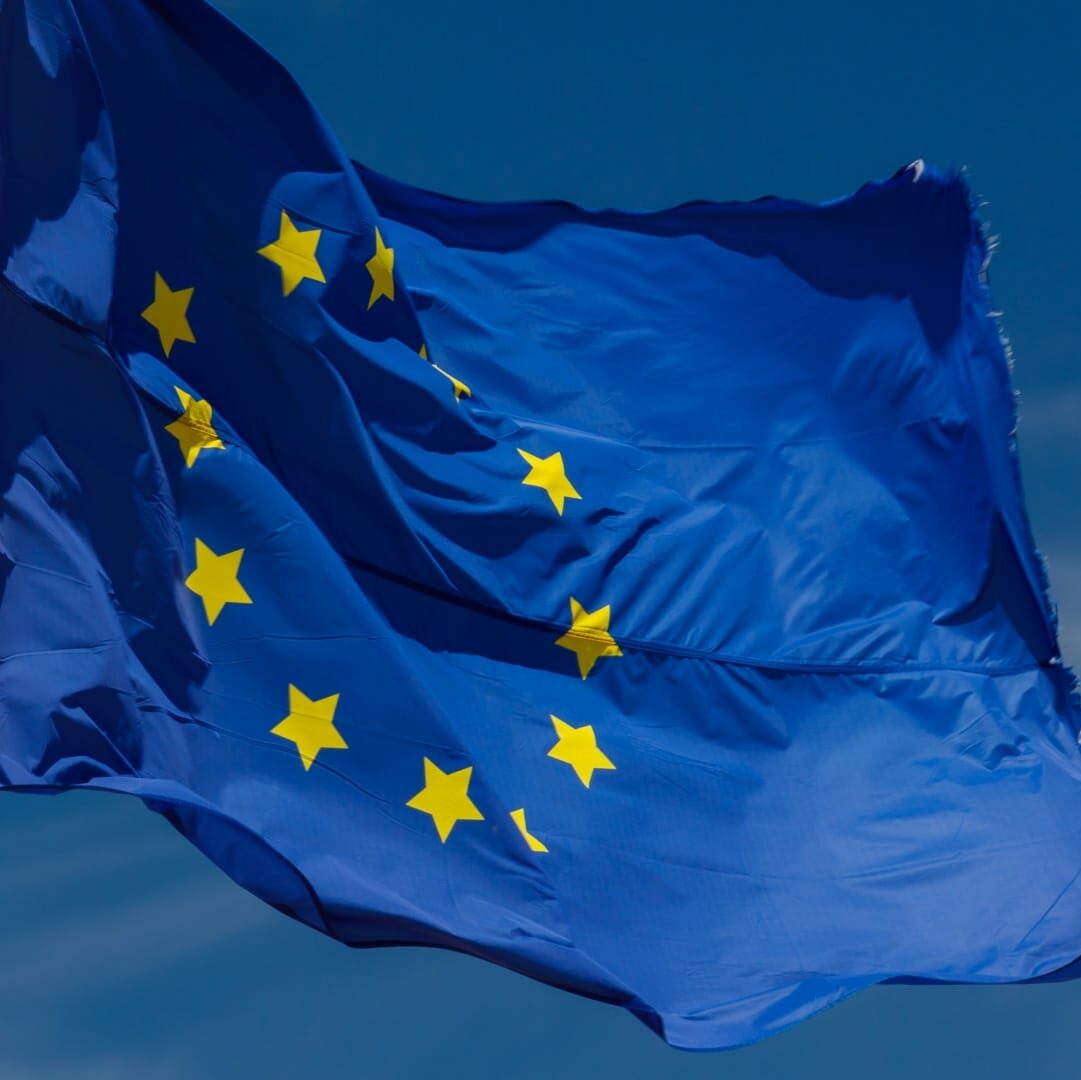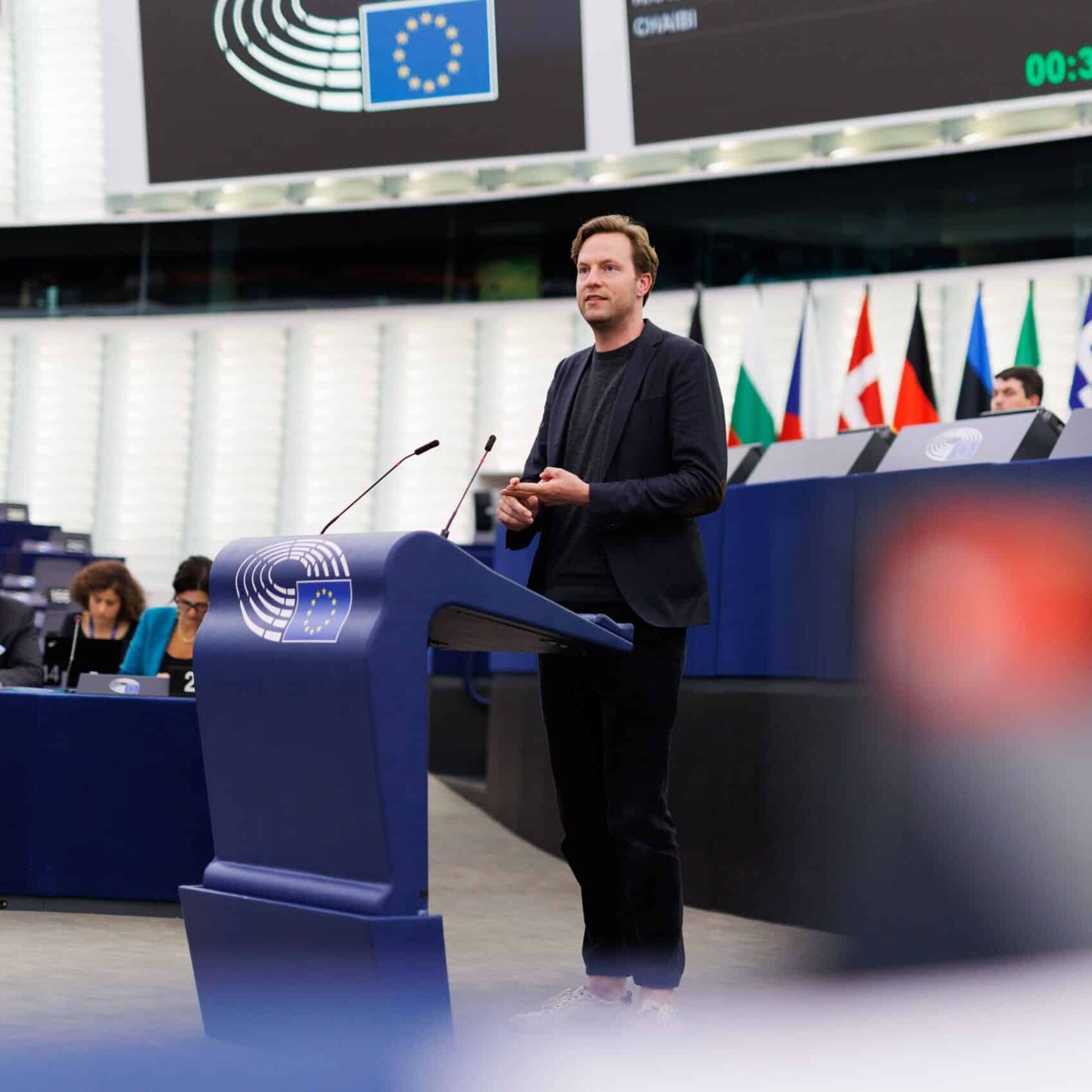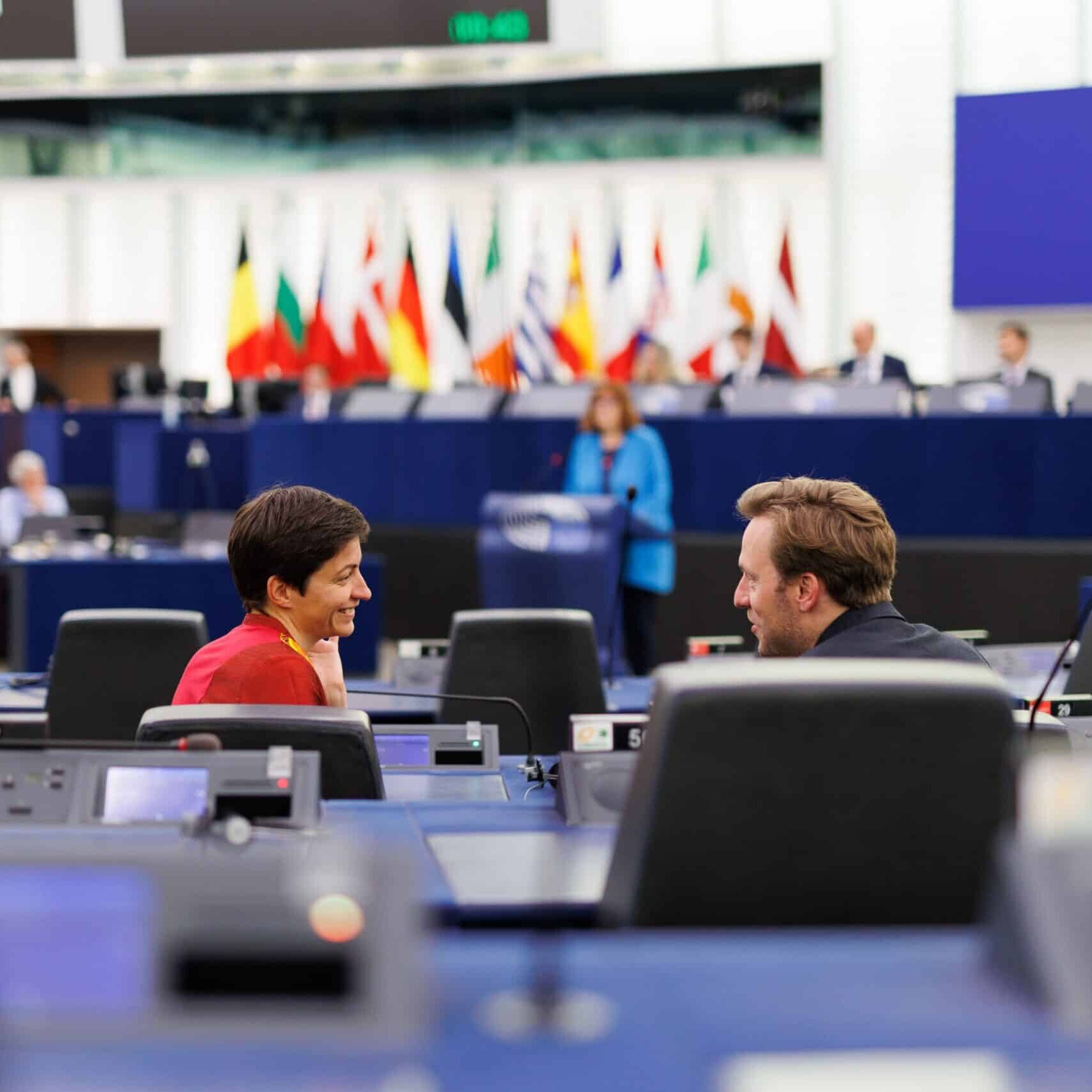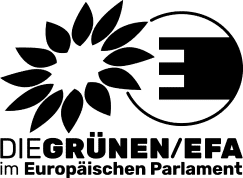Accountability Report 2019–2024
Want to know what I’ve been up to over the past five years? Here’s a summary of what my team and I have achieved so far.
Click here to read the full report. Enjoy!
Fix the EU
We need the EU to solve our common problems. My objective is a real European democracy with strong, efficient and transparent institutions. Read more... The three core institutions of the EU are not up for their task and need to be fixed. Unanimity in the Council in areas of foreign policy, budget or tax policy allows individual heads of government (people like Orban or Kaczyński) to blackmail everyone else and stop the progress we need to address the economic, ecologic and societal challenges that matter to all of us. This is especially important when we want to enlarge the EU, to include Ukraine and the states of the Western Balkans. The European Commission has immense administrative power, but is not accountable to the European electorate. The Commission president and her team are chosen in a completely obscure procedure by the 27 country heads. Before Mrs. von der Leyen was appointed, she never ran for office, no EU voter has heard about her programme or priorities. This needs to change if we want to stop the “anti-Brussels” populism. The Commission president and her team should be elected by the European Parliament and held to account for their actions to it. To take on a bigger role in Europe, the European Parliament also needs to be reformed. This is one of my key work streams during this mandate. We proposed a new electoral law, which would modernise and standardise the way MEPs are elected, and create transnational lists so that nationality is no longer limiting the choice of voters. For example, a Dutch voter would have the chance to vote for an Irish candidate on a transnational list. The European Parliament also needs to become more transparent. MEPs should be required to disclose conflicts of interest and be more transparent about their meetings and spending. I propose four simple measures as a starting point : effective protection for whistle-blowers; a proper cooling-off period to prevent ex-MEPs from lobbying their former colleagues; stringent and comparable checks on conflict of interest and financial declarations; and an independent body that can deal sanctions after every violation, not only when they are repeated and severe. Institutions allow societies to balance competing interests in a democratic, constructive and peaceful way. In Europe, 14 years after the failed European Constitution effort and 12 years after the Lisbon treaty, we need to reform the way Europeans come together to address the challenges that affect us all.
An open and just society
Europe must face up to the reality of migration and make it humane. This applies both to the common asylum system and to competitive labour migration. Read more... Improving the European migration system has long been an issue I especially care about. In the Parliament, I have negotiated important legislation and launched initiatives on both asylum and labour migration. I’m also the lead negotiator for the reform of the long-term residence status. It is important to me that Europe lives up to its moral and legal responsibility to grant asylum in a humane and well-organised way. Once we finally agree on a common reception and distribution mechanism, we will also finally take the wind out of the sails of the populists who are fed by hatred and agitation against migrants. To change this, I am currently negotiating the crisis mechanism as part of the migration and asylum package. On the other hand, it is obvious that the EU needs labour migration to prosper economically, to stay at the forefront of innovation and to respond to our fast-ageing population. To do this, Europe must become more attractive to people who are willing to bring and put their abilities to use in Europe. The USA, Canada or Australia are often much more attractive as destination countries. Our many startups in particular need improved conditions for attracting talent. In this area, I am working on laws such as the Blue Card (Europe's answer to the American green card), on the Europeanization of the residence status, and on a new initiative for so-called "talent pools," (a system that makes it easier for employers and job seekers in non-EU countries to find each other). In my newsletter you will find updates on my work in the field of asylum and migration policy.
Innovative und nachhaltige Wirtschaft
450 million people in the EU should not just be thought of as a huge market, but also as a source of world-leading new ideas, start-ups and industries. Read more... I studied economics and started my career in the private sector. With Volt Europe, I co-founded a political start-up. ecause I'm generally interested in how technologies work, organisations grow, and strategies are built, I find an incredible number of economic topics interesting in the European Parliament. However, to be effective in their work, MEPs have to pick just a few topics. I have chosen two areas: In the Industry Committee, I am in charge of policy for data and data-based economic processes. In the Budget Committee, I work on a common EU budgetary and fiscal policy, more specifically on the joint investment and reform programs in the COVID-19 crisis and the Ukraine war. For data policy, I have worked in depth on the Data Act, the Data Governance Act and the Digital Europe Programme. These laws address access to and monetization of industrial data across Europe. Simply put, they clarify who can make money from data and how such data markets should be regulated. Importantly, this is about non-personal data, such as those generated in a wind turbine, a power grid, or an aircraft turbine. My team and I have been very vocal in anchoring our "start-up" perspective to these laws. Our priority is to make it easier for small, innovative players to enter a market and to make the European digital economy more competitive. We are actively fighting the recent trend of state-planned industrial policy. Such policies create artificial barriers to competition for new and innovative startups and channel taxpayers' money to large companies that are well connected in political circles. This is bad for consumers, for innovation and thus, for all of us. Funding should be given to those who have the best ideas or concepts, not to those who can pay the most lobbyists in Brussels. For EU fiscal policy, we are working on a common European response to a fundamental problem in Europe. With the euro, most EU countries have a common currency. But there is no jointly coordinated economic policy. This is a problem where the economic structures across EU countries are different, but the monetary policy is the same. The EU Recovery Fund and the subsequent RepowerEU program address this issue. Through them, the EU collectively raised money on the capital market and distributed it to where it was most needed. These funds are linked to strict reform requirements and joint investment priorities. One of the things my team and I did here was to ensure that the methodology for measuring sustainable investments was brought up to the latest scientific standards, thus preventing the "green-washing" of over 250 billion Euros. Right now, I'm also negotiating a reconstruction fund for Ukraine. If you want to know more about my economic policy work, check out my newsletter.
My work
Committees and Delegations

ECON
- Committee on Economic and Monetary Affairs

ECON
- Committee on Economic and Monetary Affairs

ITRE
- Committee on Industry, Research and Energy

ITRE
- Committee on Industry, Research and Energy

CONT
- Budget Control Committee

CONT
- Budget Control Committee

BUDG
- Committee on Budget

BUDG
- Committee on Budget

EU DELEGATION TO CANADA
- (Subtitle)

EU DELEGATION TO CANADA
- (Subtitle)

EU DELEGATION TO THE UNITED STATES
- (Subtitle)

EU DELEGATION TO THE UNITED STATES
- (Subtitle)





